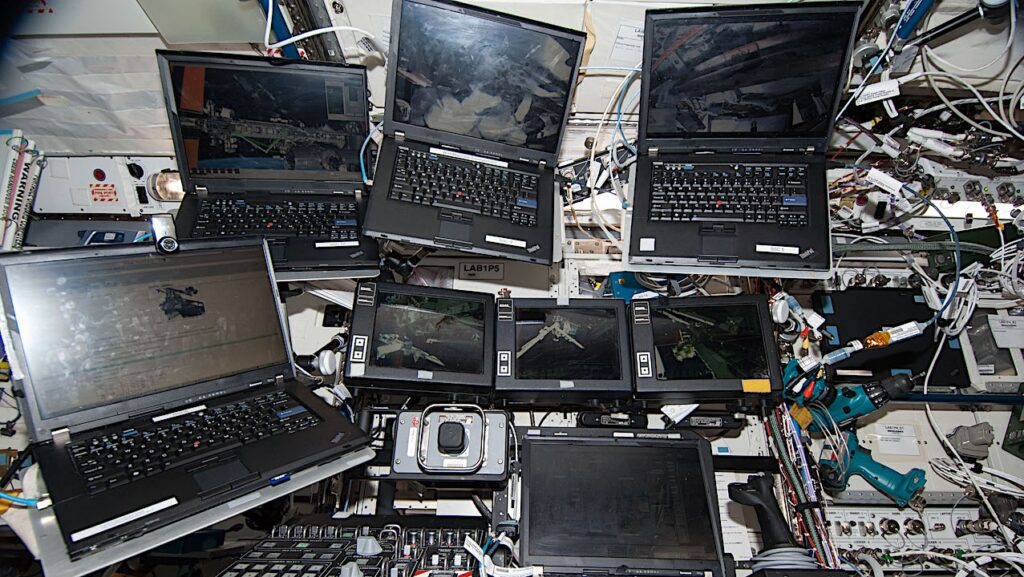Charlie Bolden is Erasing NASA's History

 Keith’s note: NASA SP-125 “Design of Liquid Propellant Rocket Engines” was online for decades at NTRS. Not any more. (we have it online here) It was declassified on 30 Nov 1969. Here is an excerpt from the book’s preface:
Keith’s note: NASA SP-125 “Design of Liquid Propellant Rocket Engines” was online for decades at NTRS. Not any more. (we have it online here) It was declassified on 30 Nov 1969. Here is an excerpt from the book’s preface:
“This book intends to build a bridge for the student and the young engineer: to link the rocket propulsion fundamentals and elements (which are well covered in the literature) with the actual rocket engine design and development work as it is carried out in industry (which is very little, if at all covered in literature). The book attempts to further the understanding of the realistic application of liquid rocket propulsion theories, and to help avoid or at least reduce time and money consuming errors and disappointments. In so doing, it also attempts to digest and consolidate numerous closely related subjects, hitherto often treated as separate, bringing them up to date at the same time.”
Oh yes, in the foreword, Wernher von Braun said: “As man ventures deeper into space to explore the planets, the search for perfection in the design of propulsion systems will continue. This book will aid materially in achieving that goal.”
Not any more. Charlie Bolden took this half-century old book offline because Frank Wolf scared him into doing so.
– Charlie Bolden’s Gutted Version of NTRS is Back Online, earlier post
– NASA Technical Reports Server Mysteriously Taken Offline, earlier post









I don’t understand. Why were Bolden and Wolf pushing for censorship on this front? Was it simply that paranoia over Chinese cyber-espionage has become so massive that now they’re worried the Chinese might steal publicly available information?
In any case, good for you on keeping a copy. Hopefully it will get mirrored elsewhere.
And one may not forget that those entire basic private US patents from Eugen Sänger about turbopump feed, regenerative cooled thrust chambers were used as german reparation after WW2
all over the world.
I think the content of this is contained in the current textbooks on the subject. I think cooperation/collaboration with the Chinese is inevitable in the same way that we work with the Russians today and would have been unimaginable during the cold war. There are minor cultural differences, but generally speaking people are pretty much the same everywhere. Once we get over the us & them thing we can all focus on what’s important which is exploration.
I may be the outlier, but I think the world has changed, and I support not having all this technical data online. Frankly, I do not think China/Russia is the problem today…
Taking the data off line will hurt American students and American industry, which are essential if we are to have the resources for space exploration. Maintaining our pace of technological progress is the best defense, because it allows us to attract the best and brightest from around the world.
What do you think is the problem today?
Today’s problem for these reports are the upcoming “rogue” states. China/Russia has had 40 years to acquire, and digest our public disclosure of the “technology base” so they already have it, also augmented by their own research and development.
It’s a lot easier to acquire an existing product, re-engineer it, and make it better; than to do the entire design “from scratch.” we do this every day in our business.
I for one am still seathing over Clinton directing Loral to “educate” the Chinese on how to launch multiple “commercial” satellites… just what was he thinking?! …you get my drift on that one?
Personally, I’d be more concerned about cyber attacks on our financial system. I think it’s telling that the US population seems more concerned about North Korea than the South Koreans.
NASA SP-125, by Dieter Huzel and D. Huang is published under a different name by AIAA. THe NTRS website says that an upgrade is coming soon. I would hope that means that the currently unavailable files will be available then. I depend on this site for research.
I did a quick search and could not find “Two-Dimensional Aerodynamic Characteristics of the NACA 0012 Airfoil in the Langley 8 foot transonic pressure tunnel” by Charles D. Harris (NASA-TM-81927). And I know it was on NTRS before. This is very basic stuff.
A little more than a decade ago, aerospace companies maintained libraries and ordered documents from the government. All this cost a lot of money. I guess the tax payer will need to be charged again for this overhead. Of course there is the additional cost of lower efficiency and slower innovation turnaround. Who knows, maybe this is someones idea to help generate revenue.
I’m not sure how this helps the U.S., but I guess people don’t get it so there is probably little point trying to make people get it. I even tried emailing and calling AIAA but have not heard back from them.
In regards to NASA SP-125, I have not looked, but I assume it can be found at university libraries or purchased from NTIS (though they may have to scan it from microfiche). If this is the case, then it is in the public domain by ITAR definition and the technical data is therefore not covered by ITAR. So NASA has, at least for the time, decided not to host the document on the internet. That does not mean it is export controlled.
Welcome back to the pre internet days.